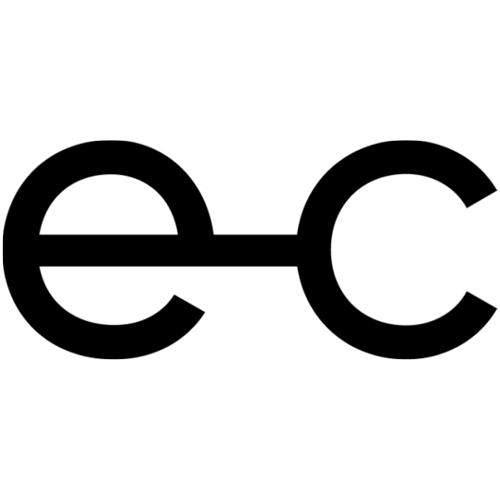Myopia (Short sightedness)
What is Myopia?
Myopia is also known as short sightedness or near sightedness. People with short sightedness have difficulties seeing objects in the distance clearly, and in order to correct their vision, prescription glasses or contact lenses may be required.
Short sightedness occurs when the cornea, which is at the front of the eye, or the entire eyeball itself, is a little more elongated than normal, this means when light enters the eye, it focuses on an area within the eye rather than directly on to the retina. The retina is the part of the eye that carries the image signals to your brain. This causes the eye and brain to see the image of a distant object as a partially blurred image.
Being short sighted is very common and often occurs with many members of the same family. The best way to go about myopia control is by visiting an optometrist regularly to get your eyes tested, they will be able to advise the best route for vision correction following these tests.
What are the most common myopia causes?
The most common myopia causes are natural. Research has shown that short sightedness can be a hereditary issue that runs through the generations in families. Therefore some children are born myopic or, it naturally develops over time.
Myopia can also occur through lack of sunlight exposure. It’s common for many people in this day of age who spend a great deal of time indoors. Our eyes actually require stimulation via direct exposure to natural sunlight in order to be of optimal health.
Other causes of myopia:
Reading too much as this causes eyestrain and weakens the eye muscles.
Stress which causes tension, weakness of the nerves and circulation in the eye.
Watching too much TV or spending time on the digital devices, causing eye strain over time.
Lack of the right nutrients in one’s diet can affect strength and healthy circulation in the eye.
Lack of sleep can cause dry eyes and eye strain which will affect the vision over time.
What are the most common myopia symptoms?
The most common myopia symptoms including the need to squint or move closer to objects that are in the distance in order to be able to see something more clearly.
Other myopia symptoms may include dry eyes, headaches and difficulty seeing at night. When observing a child, it’s important to look out for constant squinting, excessive blinking, eye rubbing and the need to sit close to the TV or at the front of a classroom.
What is the best form of myopia control?
The most likely solution for myopia is prescription glasses or contact lenses. This can be advised proceeding an eye test with an optometrist. Wearing prescription glasses or contact lenses whenever needed will help the light to focus on the right part of the eye, making distant objects become clearer.
To learn more, make an appointment with one of our optometrists at your local Eye Concepts store today.
